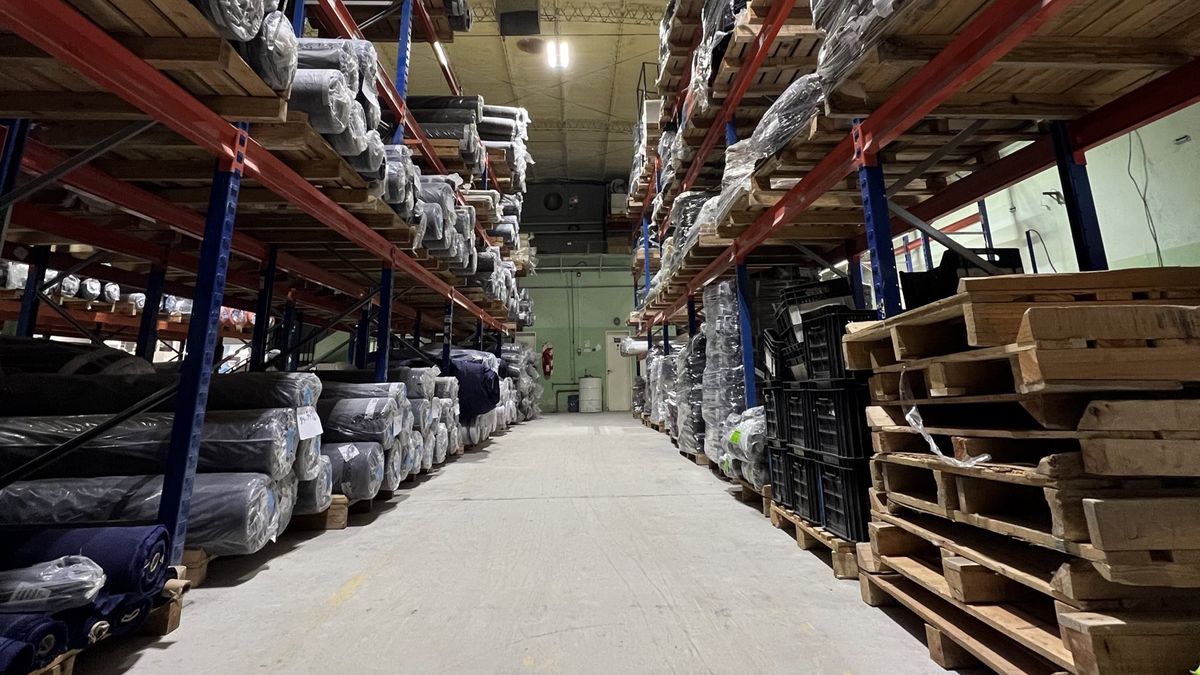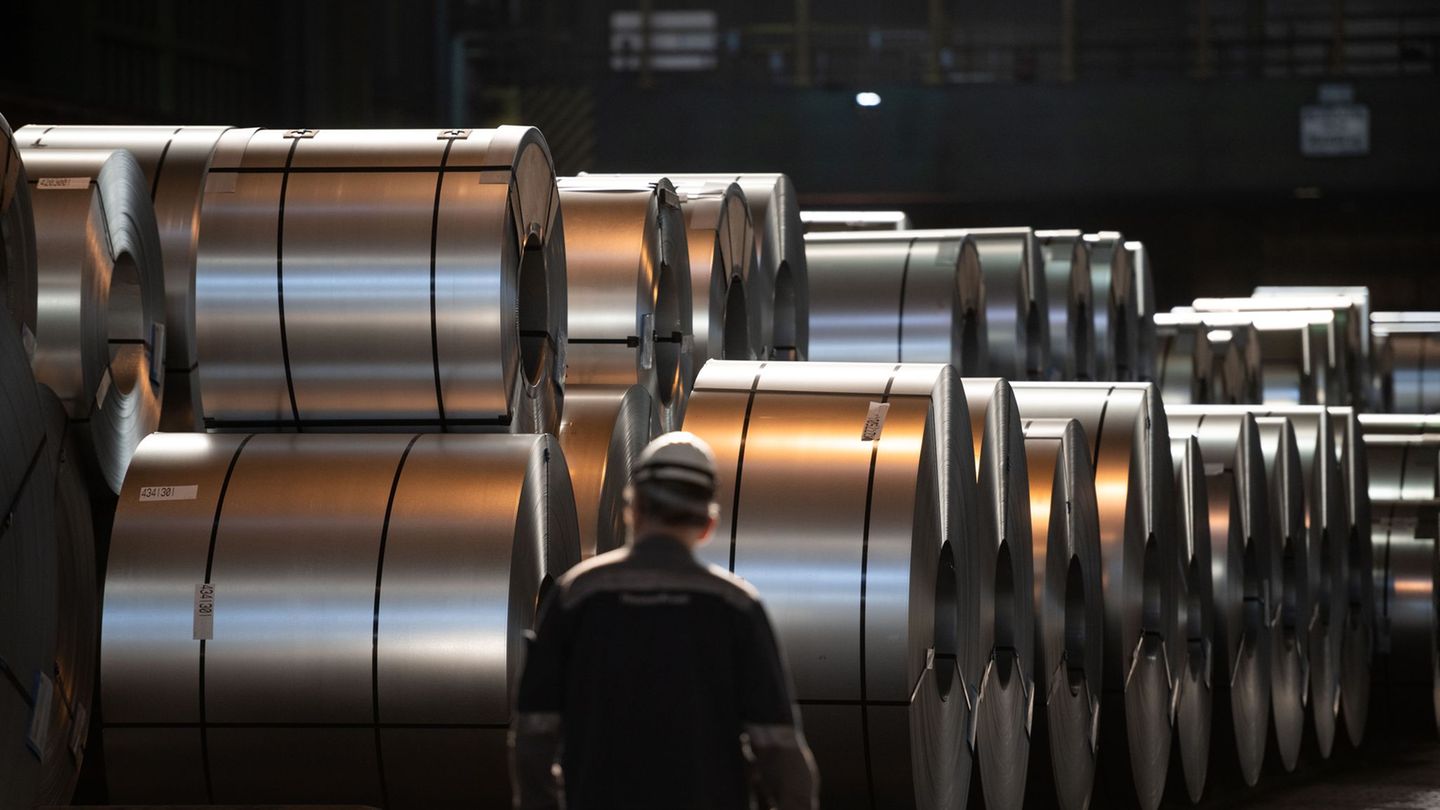The Pro Knitting Foundation warned that the Government’s decision to eliminate the red channel of Customs for the control of the import of textile or footwear products and products with anti-dumping measures, Far from making foreign trade more efficient, it generates “unfair competition” with national producers.
Through a strong statement, the entity that brings together textile producers from all over the country stated that “To make foreign trade more efficient, controls should not be eliminated, but rather optimized and improved so that they serve for a more strategic international insertion.”
“Making a tool more efficient is not solved by eliminating it, but by improving it. The physical control of the merchandise in the red marketing channel is complementary to the rest of the measures such as antidumping or criterion values, and necessary in a sector under constant threat of technical smuggling and customs violations.”he noted in the statement.
In this regard, he warned that “The unregulated import of textile products to Argentina generates, in most cases, unfair competition.” Firstly, because a large part of this merchandise comes from Asia (more than 70% of total imports) and “is manufactured in countries where minimum environmental standards are not met, working conditions are very precarious and lack safety and security conditions. hygiene,” indicated Pro Tejer.
Along the same lines, he recalled that both Argentina and all of South America, “It is the target of surplus products from past seasons from the Northern Hemisphere, so many garments are imported at discounted prices and below market values.”
To this we must add that in textile imports “It is common to find irregular maneuvers, such as the false declaration of merchandise under tariff positions that do not correspond, triangulation of origin or underdeclaration of import values.” It must be taken into account that the textile nomenclature is one of the most extensive, including 13 tariff chapters.
“Faced with this reality, the design and implementation of standards endorsed by the WTO such as anti-dumping measures, safeguards, reference values and technical standards that preserve consumer health and safety is extremely relevant to promote fair and fair competition,” Pro Tejer emphasized.
And finally he stressed that “These measures must be complemented with effective and efficient actions by the General Directorate of Customs, in charge of supervising the conditions of entry and exit of merchandise and avoiding tax fraud and evasive maneuvers.”
Source: Ambito




